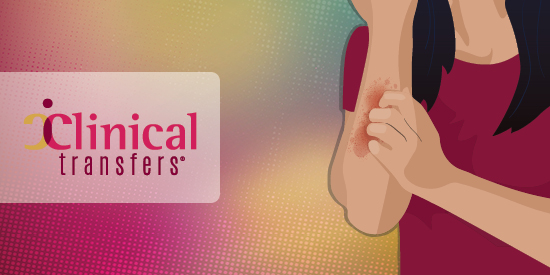
Treatment options for chronic spontaneous urticaria (CSU) are limited, with up to 40% of patients not responding to first-line therapy and a third not responding to second-line treatment. Moreover, many will continue to remain refractory in the third-line setting, highlighting the need for newer therapeutic agents. This Clinical Transfers® activity brings to you the latest data on emerging therapies from this year’s annual meeting of allergists and immunologists in Phoenix, AZ.
Upon completion of this activity, participants should be better able to:

Professor, Medicine
University of Cincinnati College of Medicine
Department of Internal Medicine
Division of Immunology/Allergy Section and
Bernstein Allergy Group
Bernstein Clinical Research Center
Cincinnati, OH
Featured RMEI CE Activities – Earn CE Credit(s)
Stay up to date with the latest RMEI CE Activities and receive Exclusive Medical Education Resources